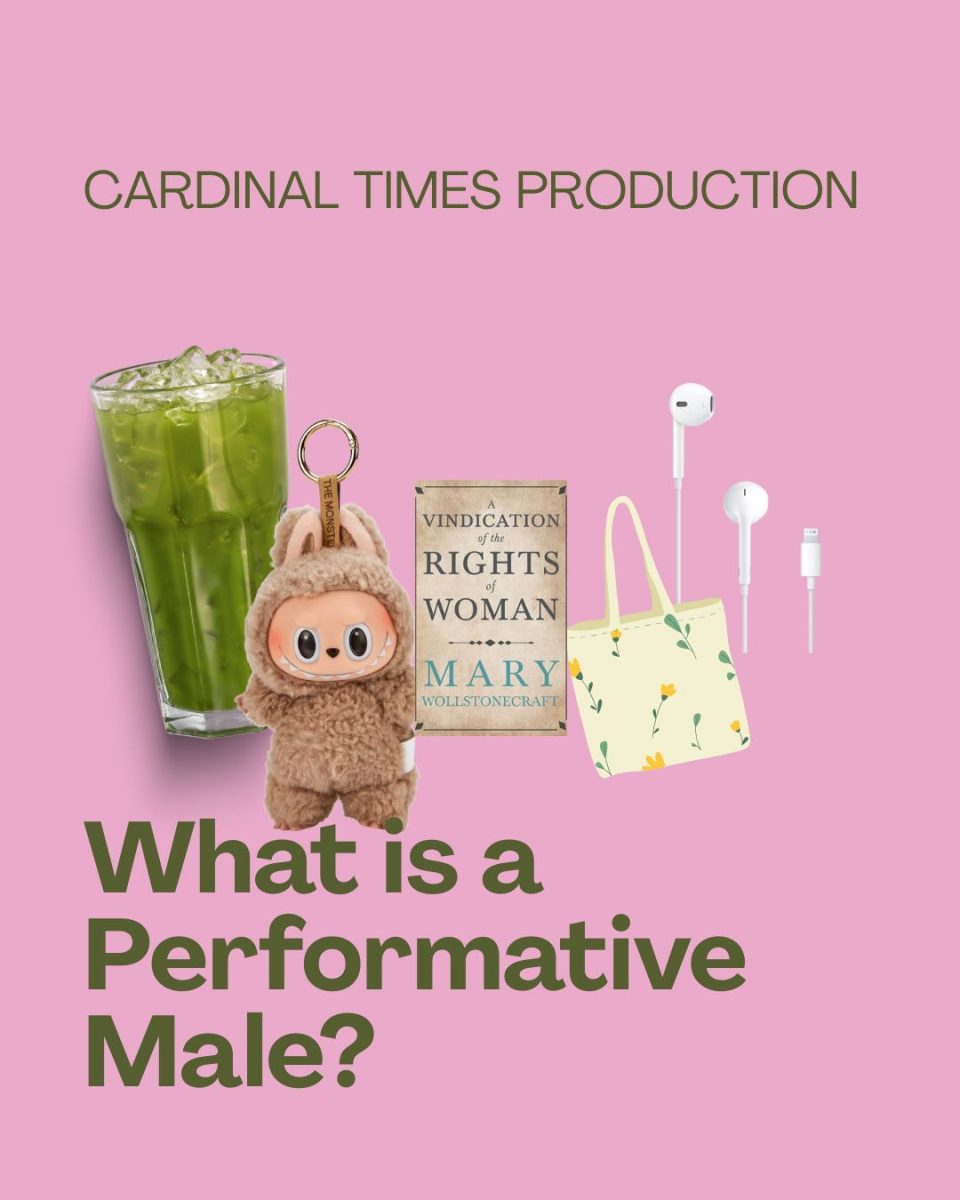Editorial: We need to do more to help struggling small businesses
May 24, 2021
The global pandemic has forced everyone to adapt. Extracurriculars, schools, and outdoor areas being closed have negatively impacted me as a freshman at Lincoln. These setbacks, however, pale in comparison to small businesses that have been struggling to stay afloat. Many small Portland businesses have closed due to a lack of success. The ripple effects of them closing have been immense and must be recognized.
As of August 2020, Yelp reported around 98,000 small businesses in the United States to have closed. The majority thrive through in-person sales but struggle virtually. According to CBS, “Three out of every 10 small businesses in the U.S. say they likely won’t survive 2021 without additional government assistance during the coronavirus pandemic.” Considering small businesses account for 99.9% of all U.S. businesses, it is very concerning to see this trend.
With the closing of businesses, the amount of impoverished people increasing was bound to follow. According to Forbes, “In early November, Goldman Sachs surveyed nearly 900 small businesses. They found that four in 10 had laid off employees or cut compensation. If further government relief were not forthcoming, another 38% said they would need to do the same.”
The rate of poverty in the U.S. has also made the sharpest rise, with the Washington Post stating, “It is the biggest jump in a single year since the government began tracking poverty 60 years ago.” As small businesses continue to shut down, more people will fall into poverty. While the government has given people a reason to be hopeful by passing a major stimulus bill, people still have a struggling climb to recovery.
When looking at the other major issues like COVID-19, unemployment starts to appear trivial. Since a virus has claimed over 500,000 lives in the United States alone, certain people believe struggling small businesses should not be the main concern. A survey made by Insider revealed that only 12% of millennials believe unemployment is a major issue in the world.
While COVID-19 has changed the world, unemployment is rapidly increasing. According to NBC, “many [people] have returned to work, but there are still 10 million fewer U.S. jobs than before the pandemic began.” This data was released in December 2020, with a predicted 22 million at its worst. Combine this with the spike in poverty rates and small businesses struggling seems to be a massive problem that has impacted more people than COVID-19 has at this point.
Shopping at these small businesses could be a solution to the problem. Consumers are who keep these jobs afloat with their spending. Companies like Amazon are not at risk of going out of business because of their size, while other smaller E-commerce companies are. Spending towards these will not only save them, but also keep their workers from falling into poverty. It is a win-win solution as the consumers still spend, but their money goes towards businesses who need it more.
As the worst peak of the virus started in December 2020, the data showing that 10 million people have lost their jobs is alarming. With uncertainty over what the future will look like, it begs the question: when will these smaller businesses finally get the support they need? This question will remain unanswered for now, but in the meantime, consumers should spend their money on companies that need it rather than want it.




